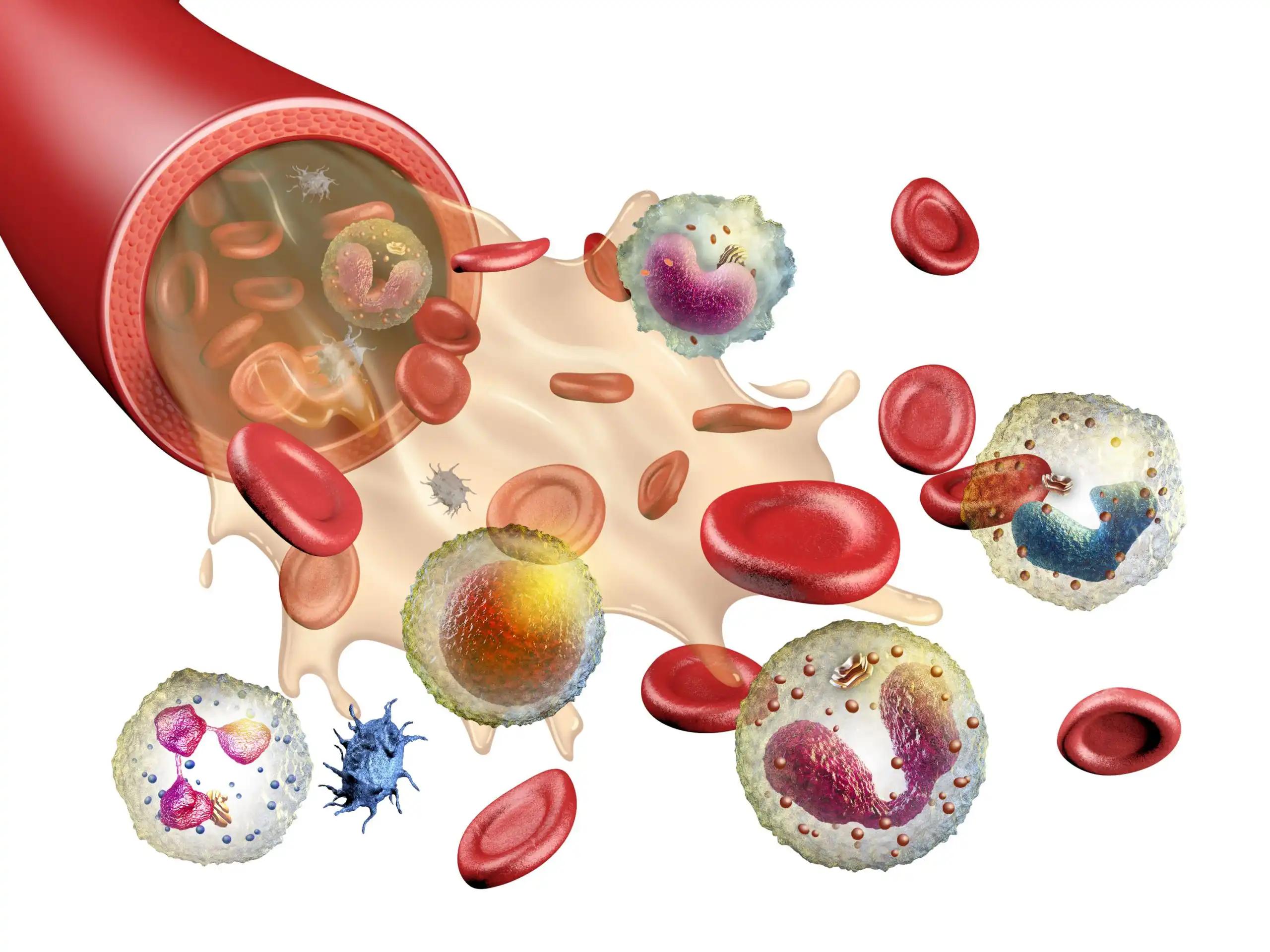KEY TAKEAWAYS
- The phase 3 DANUBE clinical trial evaluated the efficacy of D, D+T, and SoC in patients with mUC.
- The primary aim of this retrospective analysis was to evaluate the influence of BM and PD-L1 status.
- Data regarding patient demographics, disease presentation, therapeutic interventions, and clinical outcomes were gathered.
- Patients with bone metastases exhibited decreased overall survival rates in comparison to those without bone metastases and those with brain metastases.
- The study highlights the significance of PD-L1 expression in anticipating therapeutic efficacy for patients subjected to ICIs.
- The presence of BM and brain metastases significantly impact overall and progression-free survival rates in patients with mUC.
In patients with metastatic urothelial carcinoma (mUC), the presence of bone metastases (BM) is linked to notable morbidity and mortality. However, the distinct effect of BM on outcomes remains uncertain, particularly in the contemporary age of immune checkpoint inhibitors (ICIs). This retrospective analysis evaluated the influence of bone metastasis (BM) and programmed death-ligand 1 (PD-L1) status (in the same BM group) on the results of immunotherapy treatment in patients with metastatic urothelial carcinoma (mUC). The information was obtained from the Phase 3 DANUBE clinical trial, which evaluated the efficacy of D, D+T, and standard chemotherapy (SoC). Data regarding patient demographics, disease presentation, therapeutic interventions, and clinical outcomes were gathered. The patients were classified as either exhibiting bowel movement or not exhibiting bowel movement. Researchers analyzed the median overall survival (OS) and median progression-free survival (PFS) (in months [mo]), estimated using the Kaplan-Meier method. The assessment of PD-L1 expression was conducted utilizing the VENTANA PD-L1 (SP263) Assay.
In total, 1032 patients were enrolled in the study, out of which 266 exhibited BM (D, 80; D+T, 97; SoC, 89), while 766 did not have BM (D, 262; D+T, 249; SoC, 255). Patients diagnosed with BM exhibited a decreased overall survival rate in comparison to those without BM (hazard ratio [HR] = 1.67; 95% confidence interval [CI] = 1.43-1.92; nominal P < 0.0001) while accounting for cisplatin eligibility, PD-L1 expression, presence of visceral metastases, and treatment. Likewise, individuals diagnosed with brain metastases exhibited decreased progression-free survival in comparison to those without brain metastases (hazard ratio: 1.52; 95% confidence interval: 1.30-1.75; nominal P < 0.0001). The median overall survival (OS) was lower for patients with brain metastasis (BM) compared to those without BM, irrespective of their PD-L1 status, within each treatment group, as shown in the table. Patients presenting with brain metastases (BM) and exhibiting high expression of programmed death-ligand 1 (PD-L1) who underwent treatment with either single-agent durvalumab (D) or durvalumab plus tremelimumab (D+T) demonstrated a higher median overall survival (OS) compared to those with low PD-L1 expression. This disparity was also observed in patients without brain metastases. On the contrary, there was no discernible variation in the median overall survival (OS) concerning the presence or absence of brain metastasis (BM) in patients who underwent standard of care (SoC) treatment, as per the PD-L1 expression.
The analyses showed that bowel movements were consistently and significantly linked to unfavorable results in individuals with metastatic urothelial carcinoma throughout all therapeutic interventions of the DANUBE trial. The patients who received treatment with D or D+T showed a higher median overall survival, irrespective of the presence of brain metastasis, when PD-L1 expression was high. The aforementioned data serve to strengthen the adverse prognostic influence of BM in metastatic urothelial carcinoma (mUC) and underscore the significance of programmed death-ligand 1 (PD-L1) expression in anticipating therapeutic efficacy for patients subjected to immune checkpoint inhibitors (ICIs).
Source:https://meetings.asco.org/abstracts-presentations/209618
Clinical Trial:https://clinicaltrials.gov/ct2/show/NCT02516241
Carlos Stecca, Osama Abdeljalil, Cindy Lu, Han Zhang, Erik T. Goluboff, Srikala S. Sridhar/Prognostic impact of bone metastasis in patients with metastatic urothelial carcinoma (mUC) treated with durvalumab (D) with or without tremelimumab (T) in the DANUBE study/J Clin Oncol 40, 2022 (suppl 16; abstr 4564) DOI10.1200/JCO.2022.40.16_suppl.4564



